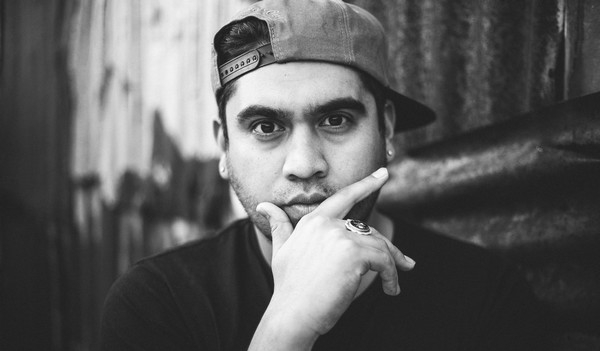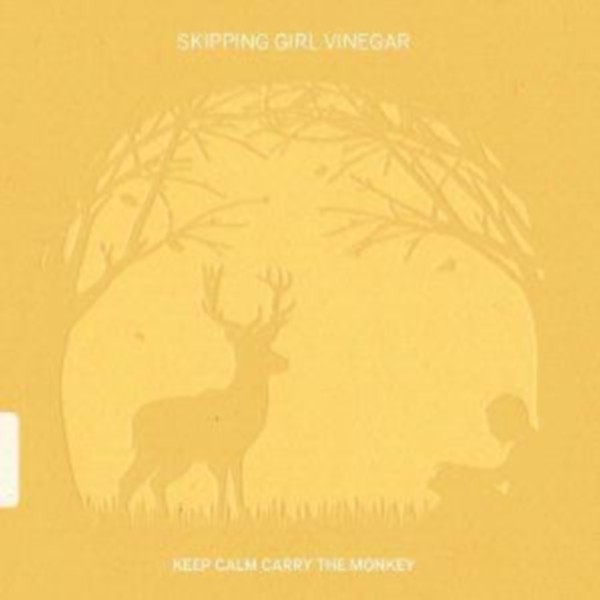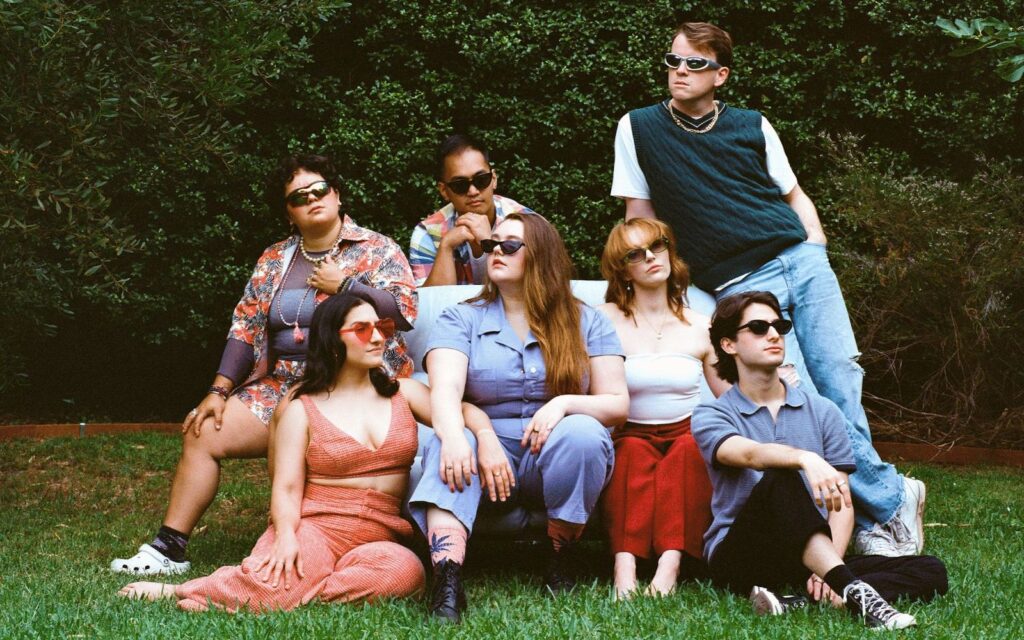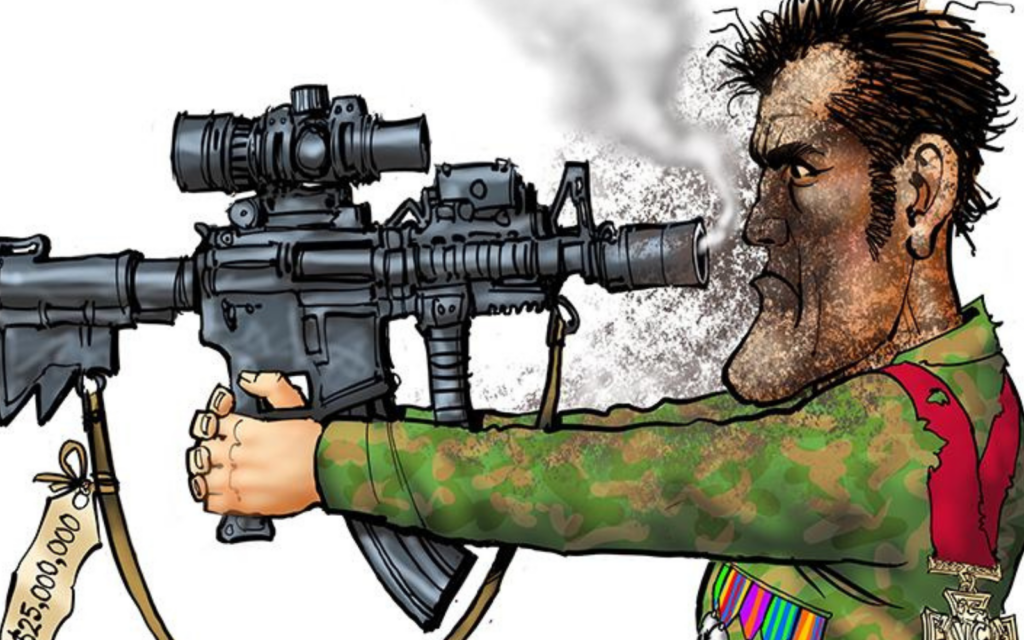How would Musa categorise his work? “I try not to. I don’t want to put it in any category. Poetry is an ancient means of storytelling. Slam, hip hop, poetry: they’re branches of the same storytelling tradition. What does he rap/write about? “It’s personal but it’s also to do with issues like migration, powerlessness, racism, the dark history of Australia, our society’s inability to deal with it, the ANZAC carry on, things we should look at with an unflinching eye, and not get caught up in mythology, or the jingles. I talk about a lot of different things and I try to be hard hitting, keep people unsettled.” Beat once heard a white Australian rapper assuming some sort of ‘blak’ accent on stage – how is that keeping it real? “It isn’t. I’d never put on any sort of accent. It’s like saying our accent isn’t good enough. The cultural cringe is still alive.” Musa says he’s noticed how his first novel (Here Come the Dogs) is getting much more attention now it’s being published in the States. “It’s the same book. The reaction has been crazy – it’s the same book – but it’s validated more cos it’s coming out in USA.”
When he talks about poetry, Musa sounds like that inspiring English teacher you had in school, the one that made all the difference. “In order to push things forward you have to read widely. You can feel it in their work if rappers only read rappers or poets limit themselves to only reading poetry, you can hear it on stage.” He says he’s influenced by too many writers to list. “I try not to discriminate where I find my influences; writers like Cormac McCarthy, Lorca, Master Ace, Tupac, Ann Sexton, Dorothy Porter, Dorothy Hewett, Hemingway – I like that really boiled down writing when it gets to the bare emotions.”
Musa is blessed in life: his father is a well-known poet based in Indonesia who introduced his son to poetry when he was young. “When I was about eight or ten or so he took me to see W.S. Rendra (an Indonesian poet, dramatist, activist, performer and director). I didn’t know who he was but my father said to me ‘You must see this man’. I loved poetry, anyway, and my father taught me that loving poetry is not something to be ashamed of, poetry is fun, our stories matter, no matter how small, how demonised they are, he taught me never to think that stories don’t matter.” Musa found that hip hop ideal for the sorts of things he wants to say and how he wants to say them. “I was looking for a form of poetry and came across hip hop music. I listened to the hip hop poets, not so much the gangsters but people like Ace, like Tupac.”
As well as establishing himself as a performance poet and publishing two books of poetry, Musa recently published his aforementioned novel, Here Come the Dogs. “It’s a great accomplishment to write a novel,” he says, and we’re not going to argue. How did he come to write his book? “I love storytelling. Before I put pen to paper, I loved hearing stories and telling tales, but I didn’t think I had the persistence or dedication or discipline to write a novel. There were the Canberra bushfires, a cataclysmic event, and I had this image of black snow, I wanted to use that image, use it in a story, a poem, or a hip hop album so I tucked it away and then when I had some quiet time late at night I started scribbling down ideas, and put one sentence in front of another. I knew some novelists, like Christos Tsolkias, and they gave me the advice to read well and write, write, write.” Musa followed the advice, wrote, wrote, wrote and produced a book about which Irvine Welsh (Trainspotting) said, “it will make other most other fiction you read this year seem criminally dull.”
How was it for Musa moving from poetry to prose? “I had to really focus on plot and structure and propelling the narrative forward – it has a flowing episodic structure, and I got caught up in the imagery; it drove me crazy.” How so? “I had very high expectations of myself, and making the leap from poetry to prose, without any experience of writing prose, I hadn’t experimented with short fiction, I hadn’t written any short stories in-between. I was flying by the seat of my pants – it was difficult. I knew that I didn’t want to write a well-made novel that is so polished that it doesn’t unsettle the reader.” He talks about Dorothy Porter’s crime novel in verse, The Monkey’s Mask, as an early inspiration. “Every scene is a little plot, a little poem, sharp pace that keeps cracking along – all through poetry. I wrote this chapter informed by that style, about a bunch of young guys and their day, and sent to Penguin. I used graffiti language, colloquialisms – I think I came up with something brand new at the finish.”
BY LIZA DEZFOULI







